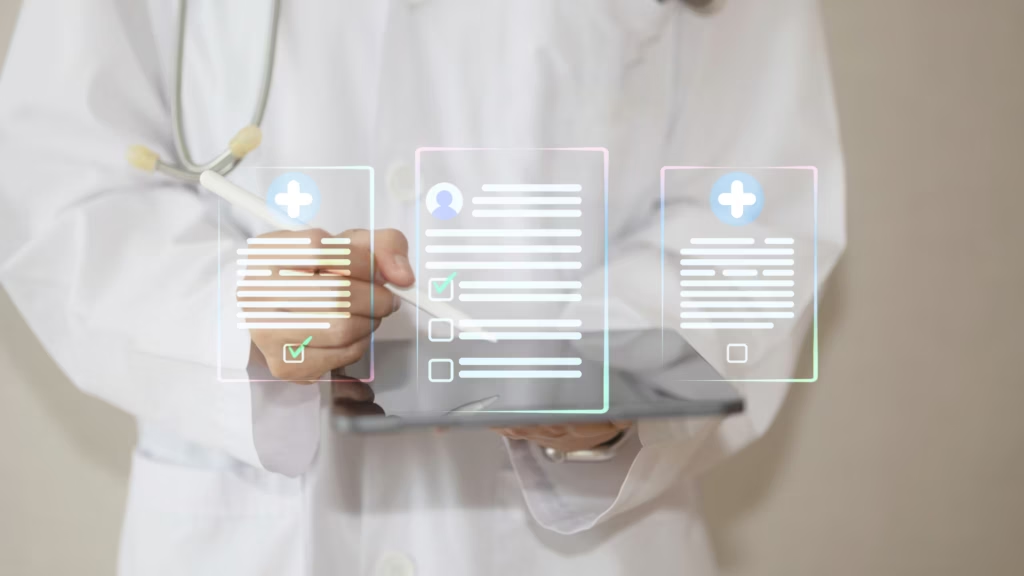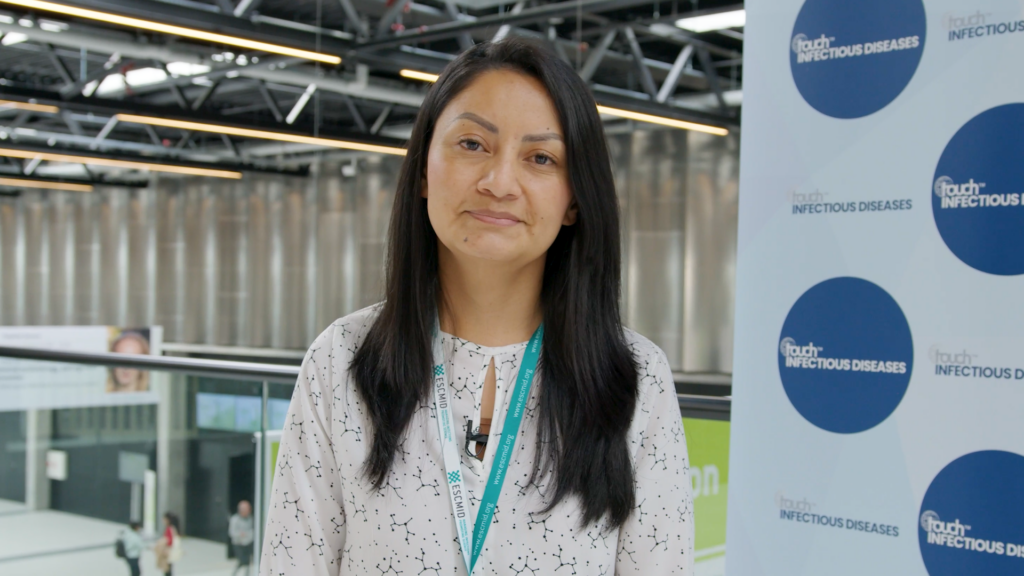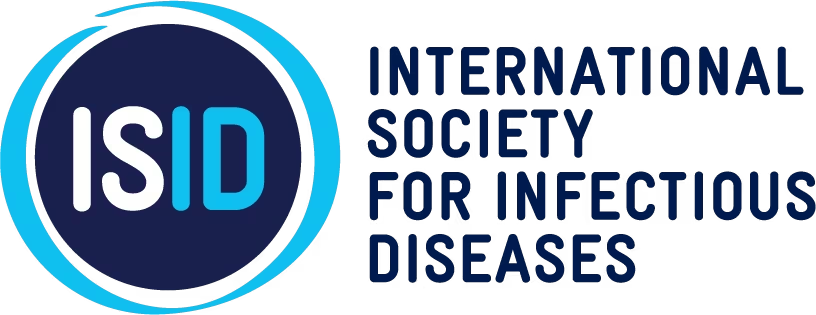Antimicrobial Resistance
An Introduction to Antimicrobial Resistance
Antimicrobial resistance is one of the biggest public health crises worldwide. Many bacteria, parasites, viruses and fungi can no longer be eradicated by existing antimicrobial agents. Antibiotic resistance in bacteria is particularly concerning, and has been largely attributed to the overuse and inappropriate use of antibiotics. There is an urgent need for enhanced understanding of drug resistance mechanisms and the development of novel strategies to control multidrug-resistant bacterial infections. New approaches being explored include immunotherapy, drug combination therapy, bacteriophage therapy and CRISPR, a genome editing technology. Nanotechnology is also emerging as a valuable therapeutic tool to combat antimicrobial resistance.
Our supporting partners do not constitute an endorsement of the content on this page.

Infectious disease diagnostics are at the forefront of tackling global health challenges. Research Fellow and PhD candidate Prerna S. Salian shares her journey from microbiology to pioneering faster sepsis detection, and her vision for integrating next-generation sequencing with AI to transform patient care.

Dr Clarissa Melo Czekster is a rising star in the field of enzymology and bacterial pathogenesis. In this Q&A, she reflects on her early inspirations, key mentors, and the molecular curiosity that drives her work in infectious diseases. From childhood experiments to developing novel antibiofilm tools, her career blends biochemical precision with a passion for collaborative science.

Physician burnout is at a critical point. In this episode, Nicky speaks with Dr Alfred Atanda about why so many physicians are burning out and what can be done to change the trend. From personal experience to system-wide solutions, Dr Atanda shares valuable insights on improving physician well-being and building a more effective healthcare culture.

We are delighted to welcome Dr Dariusz Hareza to the touchINFECTIOUS DISEASES Editorial Board. Dr Hareza is an Assistant Professor of Medicine (Infectious Diseases) at Northwestern University Feinberg School of Medicine, Chicago, IL, USA. He brings to the board a ...

The ESCMID Global Congress 2025 brought together world-leading researchers and clinicians to present practice-changing updates in infectious disease management. This article distils five critical insights from interviews and landmark trial results, covering innovations in antimicrobial therapy, fungal infections, resistance surveillance and ...

In this episode, we explore the future of continuing medical education (CME) with the team behind touchIME. Hannah Fisher and Matthew Goodwin share insights into global and US trends, the importance of patient inclusivity and how educational outcomes are evolving to better measure the direct impact of learning on clinical practice and patient care.

Dr. Ikechukwu B. Moses, winner of the ESCMID Global 2025 Emerging Young Investigator Award, explores antimicrobial resistance through a One Health lens. His work spans zoonotic pathogen transmission, bacteriophage therapy, and AI-driven genomic research, aiming to reduce antibiotic reliance and translate lab-based innovations into scalable, real-world clinical and veterinary solutions.

Dr Dariusz Hareza reflects on ESCMID Global 2025, highlighting its international scope, informal collaboration, and key themes in antimicrobial resistance. He discusses impactful sessions on global surveillance, Kazakhstan’s primary care initiatives, and novel approaches like CRISPR and AI, all pointing toward an innovative and integrated future in infectious diseases.

Welcome to the latest edition of touchREVIEWS in Infectious Diseases, where we continue our mission to deliver insightful, cutting-edge perspectives in infectious disease diagnosis and management. This issue offers an array of topics spanning diagnostics, service delivery innovations and preventive ...

In this episode, we explore how point-of-care testing is transforming the management of sexually transmitted infections (STIs). Joined by Dr Libby van Gerwen, we discuss the rising global STI rates and the role these innovative tests play in addressing the issue. We also explore the challenges current point-of-care tests face and how next-generation advancements could further transform the future of STI diagnosis and treatment.

Highlights Determining infection and multidrug resistance (MDR) rates continuously helps to detect the problem to be solved, including outbreaks. Cleaning and disinfection play an important role in preventing MDR and evaluating and correcting the process for better results. MDR control ...

The Russian invasion of Ukraine represents the largest humanitarian crisis that Europe has faced in decades. In the first 4 months of the war, over 9.9 million refugees crossed the Ukrainian border, and over 6.1 million Ukrainian refugees were registered across Europe.1 Before ...

Nosocomial infections are infections that develop when receiving healthcare, usually via invasive procedures, improper infection control or overuse of antibiotics. They pose an increased threat with the rise of antimicrobial resistance in the healthcare setting. It was a pleasure to ...

National Action Plans (NAPs) for antimicrobial resistance (AMR) are crucial in reducing the impact of antimicrobial resistance on global health. They are crucial in addressing this threat by providing a coordinated approach to reducing the emergence and spread of AMR. ...

Antibiotic shortages continue to be a significant challenge in healthcare systems around the world, with a huge need for global action to address this public health issue. Dr Esmita Charani (Centre of Excellence Infectious Diseases Research, University of Liverpool, Liverpool, ...

Multidrug resistance (MDR) is a significant public health concern, leading to increased hospital stays, higher healthcare costs, and increased mortality rates. The overuse and misuse of antibiotics are major contributors to the development of MDR. We met with Dr Grace ...

With drug-resistant bacteria classified as an increasing threat globally by the WHO, there is an increasing need for the development of new antibiotics. Nineteen gold-based antibiotics were recently studied against a range of multidrug-resistant bacteria. In this interview, Dr. Sara ...
Latest articles videos and clinical updates - straight to your inbox
Log into your Touch Account
Earn and track your CME credits on the go, save articles for later, and follow the latest congress coverage.
Register now for FREE Access
Register for free to hear about the latest expert-led education, peer-reviewed articles, conference highlights, and innovative CME activities.
Sign up with an Email
Or use a Social Account.
This Functionality is for
Members Only
Explore the latest in medical education and stay current in your field. Create a free account to track your learning.



